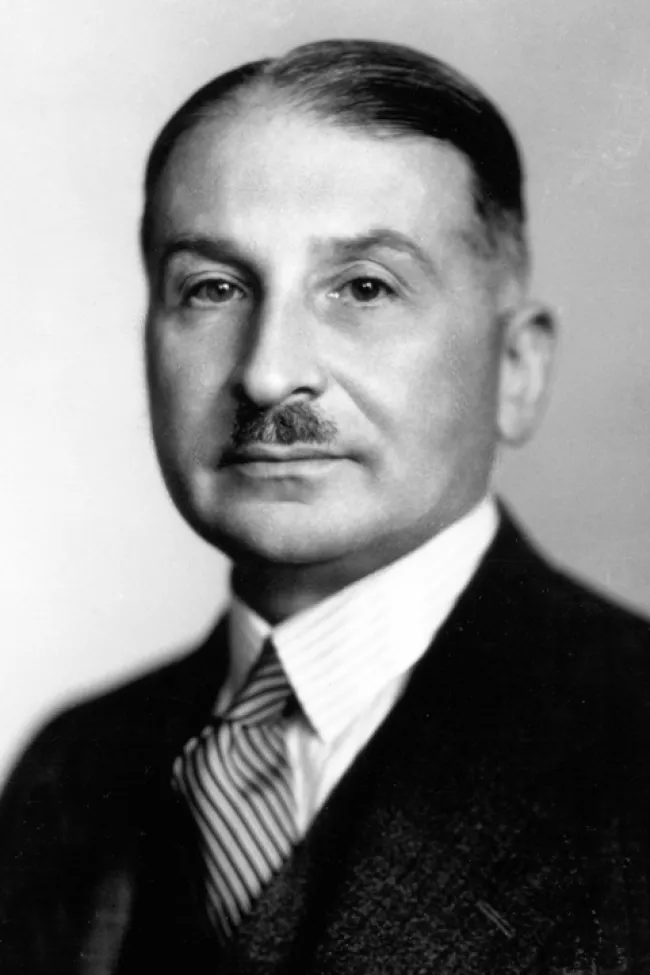- Downloads:
- View HTML Version
- Economic Policy Thoughts for Today and Tomorrow.pdf
- Economic Policy Thoughts for Today and Tomorrow.epub
- Politica economica Pensamientos para hoy y para el futuro.pdf
- Gazdaságpolitika -- Hungarian.pdf
- Economic-Policy-Discussion-Questions_2024.pdf
This might be Mises’s best-selling book. It is a very clear explanation of the basics of economic policy: private property, free trade, exchange, prices, interest, money and inflation, socialism, fascism, investment, and much more. As Mises discusses each topic, he addresses the many merits of market institutions and the dangers of intervention.
These chapters were originally delivered as lectures in Argentina in 1959, at the University of Buenos Aires, and later written up in prose. Mises had urged Argentina to turn from dictatorship and socialism toward full liberty, so there is a special urgency behind the cool logic employed here. The book’s continued popularity is due to its clarity of exposition on the ways in which economic policy affects everyone.
It is a very good text for undergraduates studying economic policy, and for anyone who wants to gain a fundamental understanding of the interaction between market forces and government intervention.

No content found

Ludwig von Mises was the acknowledged leader of the Austrian school of economic thought, a prodigious originator in economic theory, and a prolific author. Mises’s writings and lectures encompassed economic theory, history, epistemology, government, and political philosophy. His contributions to economic theory include important clarifications on the quantity theory of money, the theory of the trade cycle, the integration of monetary theory with economic theory in general, and a demonstration that socialism must fail because it cannot solve the problem of economic calculation. Mises was the first scholar to recognize that economics is part of a larger science in human action, a science that he called praxeology.
Irvington, NY: Free Market Books, 1995; Regnery/Gateway, 1979.
Ludwig von Mises, Economic Policy: Thoughts for Today and Tomorrow. Irvington, NY: Free Market Books, 1995; Regnery/Gateway, 1979.

